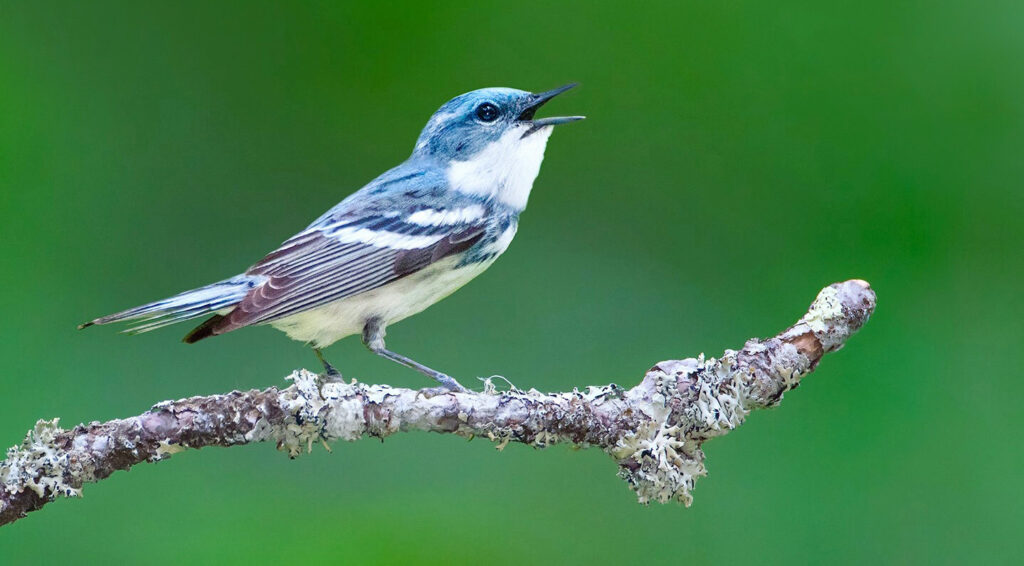
Seminar Series: Reducing Avian Collisions with Communications Towers
January 14, 2019 @ 7:00 pm - 8:00 pm
Reducing Avian Collisions with Communications Towers: A community effort with Dr. Joelle Gehring
An estimated 6.8 million migratory birds collide with communications towers every year in the United States. Tower height, tower lighting, sitting within the landscape, and the presence of supporting guy wires influences the numbers of avian collisions. Michigan research determined that taller towers, towers with guy wires, and towers with non-flashing lights are involved in significantly more avian collisions than shorter towers, unguyed towers, and towers lit with only flashing lights. In 2015, the Federal Aviation Administration updated tower lighting requirements and now encourages tower owners to extinguish non-flashing lights on existing towers taller than 350 ft. above ground level (AGL), which reduces avian collisions by as much as 70%. Lighting changes on towers taller than 350 ft. AGL reduce the cost of tower operation and construction. Extinguishing non-flashing lights is one of the most effective and economically feasible means of achieving a significant reduction in avian fatalities at existing communications towers. The public is playing an important role in outreach efforts to the tower industry.
Dr. Joelle Gehring is a Michigan biologist. Previously, Dr. Gehring was Senior Conservation Scientist with Michigan State University where she designed and supervised a multi-year, landscape-scale study of the variables associated with bird collisions at communications towers. While with MSU she also studied wildlife interactions with wind energy and used those data to improve turbine siting. Throughout her career, Dr. Gehring has used science and stakeholder input to develop and disseminate information on cost-effective methods to reduce wildlife-human conflicts. Dr. Gehring completed her Ph.D. in Wildlife Ecology at Purdue University, M.S. in Wildlife and Fisheries Resources at West Virginia University, and her B.S., in both Biology and Wildlife Management at the University of Wisconsin-Stevens Point. Dr. Gehring has a wonderful 18-year old son who is studying biology at Central Michigan University.
This event is part of the Michigan Audubon Seminar Series. Seminars are free and open to the public. Sessions take place on the second Monday of each month from 7 – 8 p.m. at the Michigan Audubon office located at 2310 Science Parkway, Suite 200, Okemos, MI 48864.


